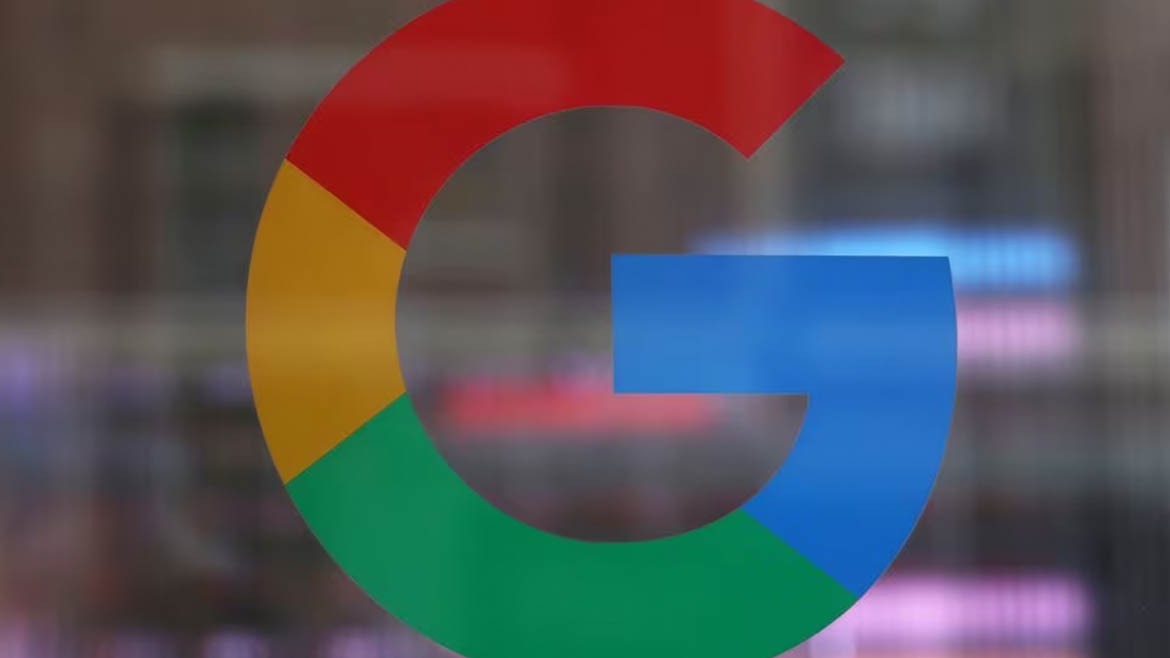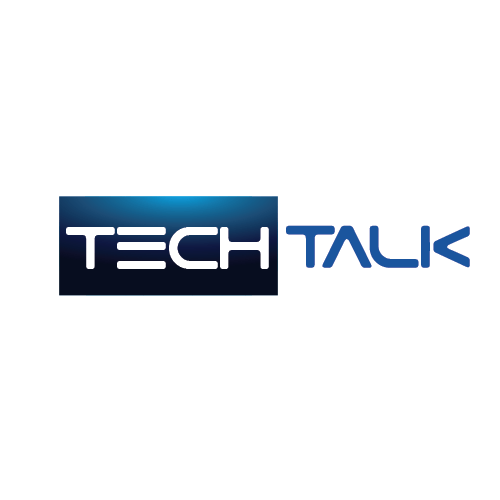The rise of AI-driven PC ecosystems
In Redmond, Washington, a Microsoft employee (right) shows how to integrate the Microsoft Edge browser and Bing search engine with OpenAI. [Image/Agencies]
Tech giants like Lenovo and Intel release products to gain an advantage.
According to analysts and company executives, China is witnessing the emergence of an ecosystem supporting personal computers driven by artificial intelligence, which is expected to increase demand for AI PCs there.
Hardware, chip, software, and large language model (LLM) developers are all part of the ecosystem and can contribute to the widespread use of AI PCs, or computers with AI built right into their processors. These PCs can operate LLMs and apps on their own.
According to Ablikim Abrimiti, vice president of Lenovo Group, AI PCs have the potential to develop into specialised smart assistants that are genuinely aware of their users’ demands.
The maturation of the ecosystem as a whole will take time. To speed up the development of AI applications, AI PCs will first go through an AI-ready stage and then have their chip design upgraded to a hybrid AI architecture. AI PCs will enter the AI-on stage with the integration of personal LLMs and an open AI application environment; 2024 will mark the launch of AI PCs, according to Abrimiti.
Data from market research firm International Data Corp. indicates that by 2027, AI-powered laptops will make up about 90% of all laptop sales in China.
According to IDC, by 2026, AI engine technology will be present in about half of the processors used by terminal devices in the Chinese market.
According to Peter Chen, vice president and general manager of Intel Corp.’s China data centre and artificial intelligence department, AI is not only altering how people live, but it is also significantly influencing each industry’s growth and innovation.
As part of its commitment to helping more customers support cloud computing, networks, and large-scale solutions, Intel said it will continue to offer extensive product portfolios, optimized software, diverse tools, and a wide ecosystem.
The business launched a new challenge against competitors in the burgeoning AI PC market this week when it introduced its next-generation processors for ultra-thin laptops.
To tackle low-power AI activities, the recently released Core Ultra Meteor Lake processors include a neural processing unit for the first time, along with a central processing unit and graphics processing unit.
Intel’s action coincides with the growing significance of AI and energy efficiency.
Lenovo, a strategic partner of Intel, has presented its newest AI PCs, which are equipped with the newest chips from the US-based firm.
AI PCs will present enormous development potential for the sector, according to Zhou Feng, executive vice president of NetEase, whose company has created an LLM specifically for the educational sector.
Vice President of IDC China Wang Jiping predicted that shortly, incorporating AI engines into electronics will be essential to success.
Experts reported that China is seeing a sharp increase in the use of AI-native applications created for the AI era. In the interim, LLM-powered applications will replace conventional ones.
Every ten to fifteen years, according to Jerry Liu, head of UBS’s China internet research, a new computer cycle begins, with generative AI marking the start of the next one.
China has more users of generative AI and more data compared to other economies, so I believe there are many opportunities here, Liu stated.
Stay updated about the latest technological developments and reviews by following TechTalk, and connect with us on Twitter, Facebook, Google News, and Instagram. For our newest video content, subscribe to our YouTube channel.
Read More: Google’s Cleanup: Inactive Gmail Accounts Deletion





